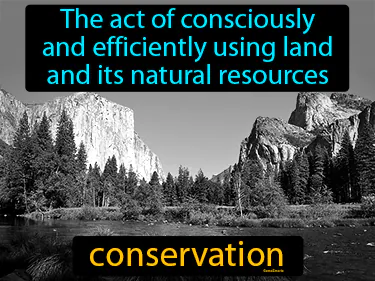The Progressive Era 1890-1920
History
Alice Paul
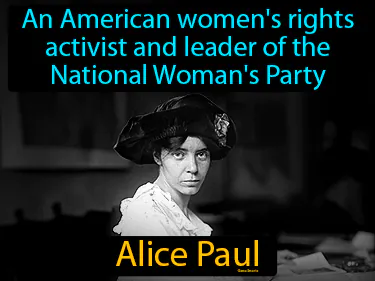
An American women's rights activist and leader of the National Woman's Party, Alice Paul. She was a key figure in the fight for women's suffrage in the United States.
Anti-Defamation League
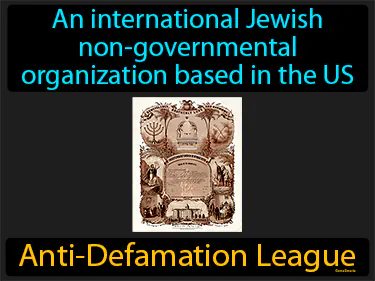
An international Jewish non-governmental organization based in the US, Anti-Defamation League. The Anti-Defamation League is an organization that fights against anti-Semitism and other forms of hate.
Bull Moose Party
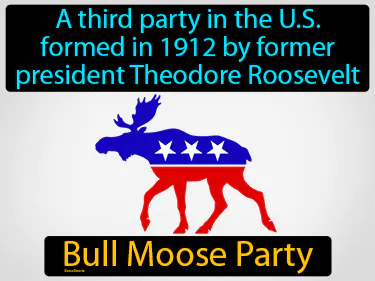
A third party in the US formed in 1912 by former president Theodore Roosevelt. Bull Moose Party. The Bull Moose Party, also known as the Progressive Party, was a political group that advocated for reforms and challenged the dominance of the two main political parties in the early 20th century.
Carrie Chapman
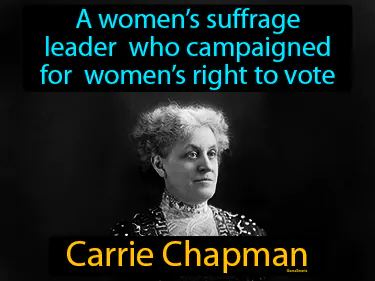
A womens suffrage leader who campaigned for womens right to vote, Carrie Chapman. Carrie Chapman was a key figure in the movement that helped get women the right to vote in the United States.
Clayton Antitrust Act
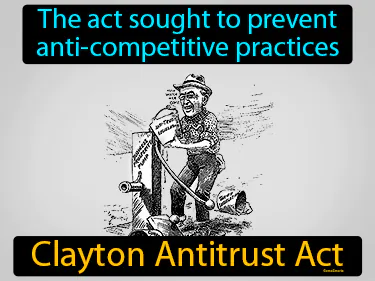
The act sought to prevent anti-competitive practices. Clayton Antitrust Act. The Clayton Antitrust Act, passed in 1914, strengthened U.S. laws to curb monopolies and promote fair competition in business.
direct primary
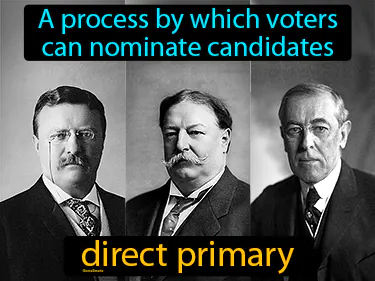
A process by which voters can nominate candidates. Direct primary. A direct primary is a system where voters, rather than party leaders, choose candidates for an election.
Federal Reserve Act
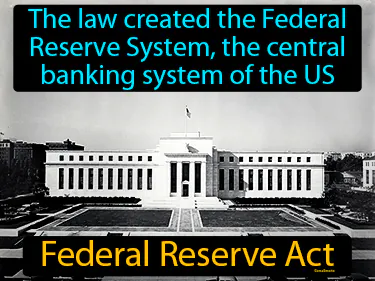
The law created the Federal Reserve System, the central banking system of the US. Federal Reserve Act. The Federal Reserve Act is a 1913 law that established the central bank for the United States to manage the economy and money supply.
Federal Reserve System
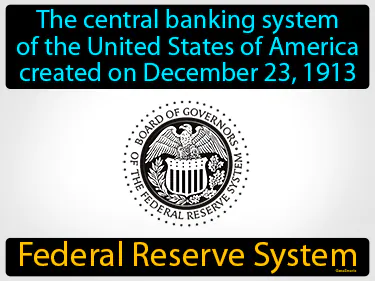
The central banking system of the United States of America created on December 23, 1913 Federal Reserve System. The Federal Reserve System is the central bank of the U.S. that manages the nation's monetary policy and regulates banks.
Federal Trade Commission
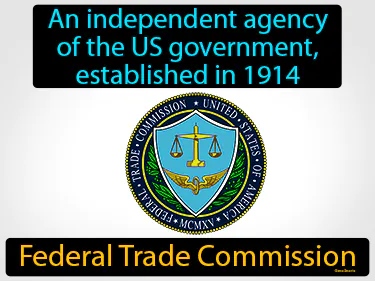
An independent agency of the US government, established in 1914. Federal Trade Commission. The Federal Trade Commission is a government body created to ensure fair trade practices and protect consumers from unfair business activities.
Florence Kelley
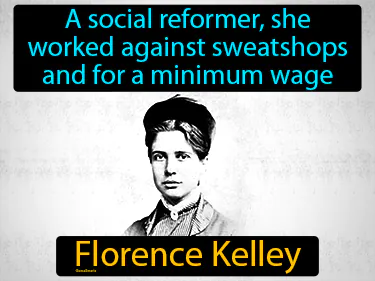
A social reformer, she worked against sweatshops and for a minimum wage. Florence Kelley. She was a pioneering advocate for workers' rights and labor laws in the early 20th century.
Gifford Pinchot
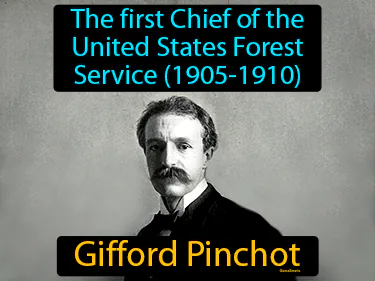
The first Chief of the United States Forest Service 1905-1910. Gifford Pinchot. He was a leading figure in the American conservation movement, promoting sustainable forest management.
Hepburn Act
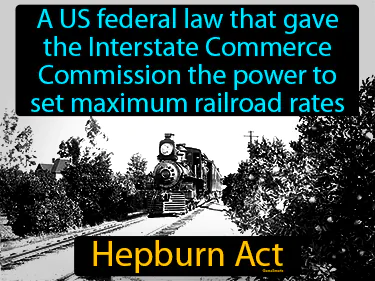
A US federal law that allowed setting maximum railroad rates. Hepburn Act. The Hepburn Act of 1906 gave the Interstate Commerce Commission the power to regulate railroad rates, enhancing federal control over the railroads to prevent unfair pricing.
initiative
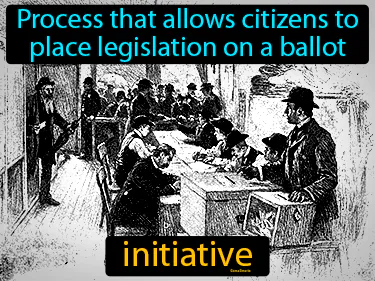
A process that allows citizens to place legislation on a ballot. Initiative. In history, an initiative is a tool for direct democracy that lets people propose and vote on new laws without waiting for the government to act.
Jacob Riis
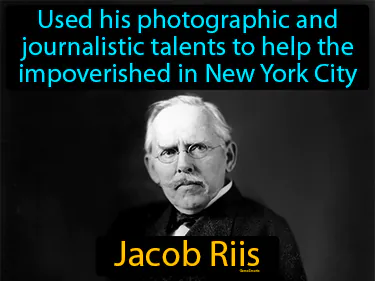
Used his photographic and journalistic talents to help the impoverished in New York City. Jacob Riis. He was a social reformer and photographer who highlighted the living conditions of the poor in the late 19th and early 20th centuries.
John Muir
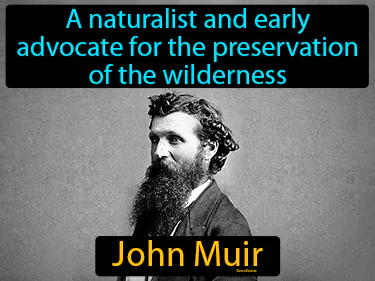
A naturalist and early advocate for the preservation of the wilderness. John Muir. He was a key figure in the conservation movement, helping to establish national parks in the United States.
Lincoln Steffens
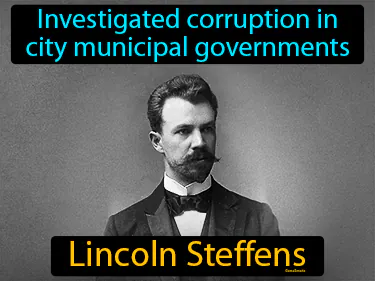
Investigated corruption in city municipal governments. Lincoln Steffens. He was a journalist known for exposing corruption in American cities during the early 20th century.
Margaret Sanger
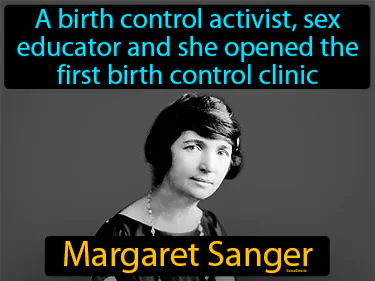
A birth control activist, sex educator and nurse, she opened the first birth control clinic. Margaret Sanger is a key historical figure who played a crucial role in advancing women's reproductive rights in the early 20th century.
Meat Inspection Act
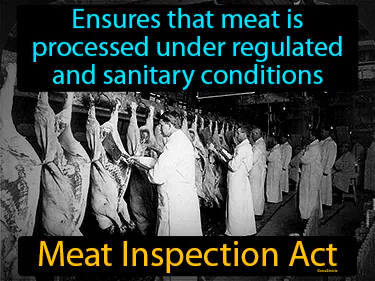
Ensures that meat is processed under regulated and sanitary conditions. Meat Inspection Act. The Meat Inspection Act of 1906 was a law that made sure meat products were safe and clean for consumers in the United States.
muckraker
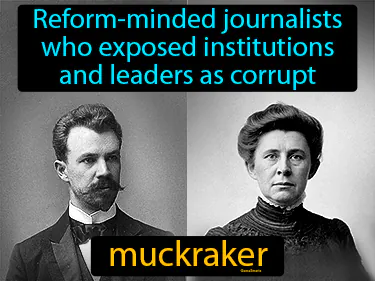
Reform-minded journalists who exposed institutions and leaders as corrupt. Muckraker. Muckrakers were journalists in the early 20th century who investigated and exposed social and political corruption.
NAACP
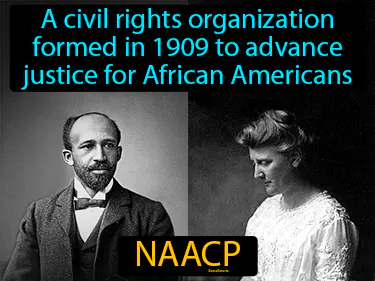
A civil rights organization formed in 1909 to advance justice for African Americans. NAACP. The NAACP is a long-standing organization that fights for the rights and equality of African Americans.
NACW
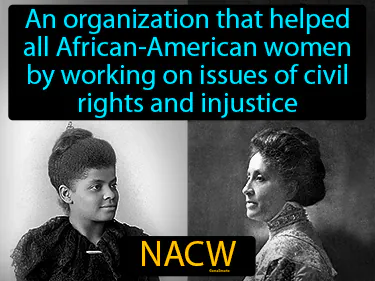
Helped all African-American women by working on issues of civil rights and injustice. NACW. The NACW, or National Association of Colored Women, was founded in 1896 as an organization dedicated to advancing the rights and welfare of African-American women.
National Reclamation Act

Funded irrigation projects for the arid lands of 20 states in the American West. National Reclamation Act. The National Reclamation Act, passed in 1902, aimed to transform the American West by funding irrigation projects for arid lands.
NAWSA
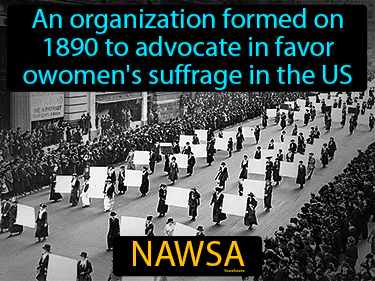
Formed in 1890 to advocate women's suffrage in the US. NAWSA. NAWSA, or the National American Woman Suffrage Association, was a group that worked to secure voting rights for women.
Nineteenth Amendment
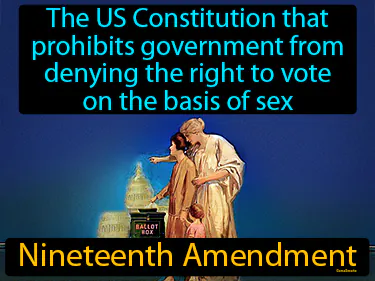
Prohibits the government from denying the right to vote on the basis of sex. Nineteenth Amendment. The Nineteenth Amendment granted women the right to vote in the United States.
Payne-Aldrich Tariff
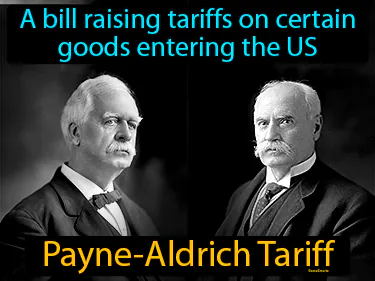
A bill raising tariffs on certain goods entering the US. Payne-Aldrich Tariff. The Payne-Aldrich Tariff was a 1909 law that increased tariffs on many imports, which led to dissatisfaction among Progressives who wanted lower tariffs.
progressive movement
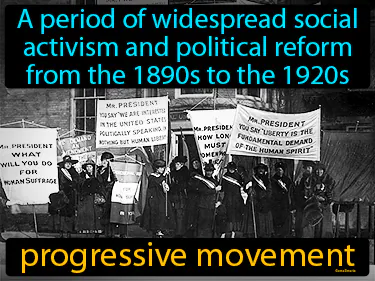
A period of widespread social activism and political reform from the 1890s to the 1920s. Progressive movement. The progressive movement aimed to address problems caused by industrialization and urbanization by promoting reforms for social justice and democracy.
prohibition
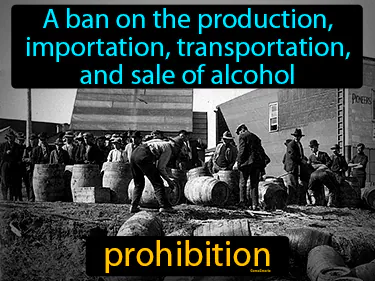
A ban on the production, importation, transportation, and sale of alcohol. Prohibition. Prohibition was a period in the early 20th century when the U.S. legally banned alcohol.
recall
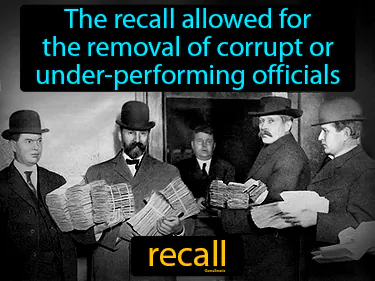
The recall, allowed for the removal of corrupt or under-performing officials. Recall. In history, recall is a process that allows citizens to remove and replace public officials before the end of their term.
referendum
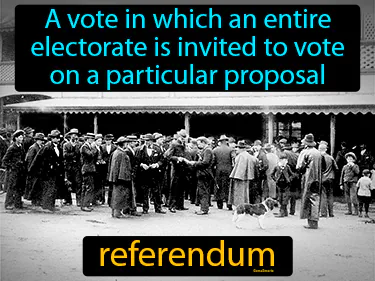
A vote in which an entire electorate is invited to vote on a particular proposal. Referendum. In history, a referendum is when the people of a country or region vote directly on a specific issue or decision.
Robert M La Follette
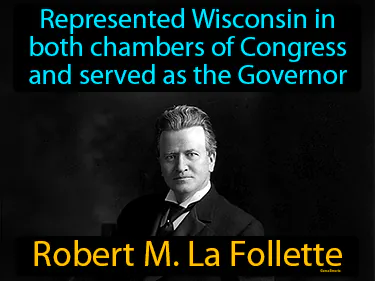
Represented Wisconsin in both chambers of Congress and served as the Governor. Robert M La Follette. He was a key figure in the Progressive Movement, advocating for reforms to combat corporate power and corruption in politics.
scientific management
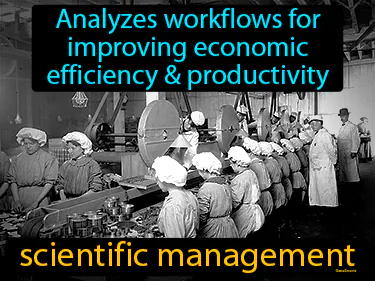
Analyzes workflows for improving economic efficiency amp productivity. Scientific management. Scientific management is an approach from the early 20th century that optimizes labor and tasks to boost productivity.
Seventeenth Amendment
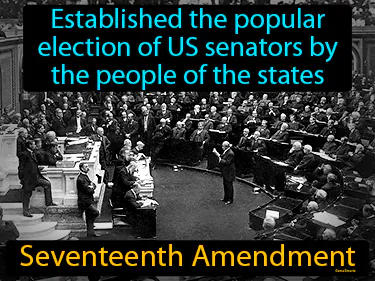
Established the popular election of US senators by the people of the states. Seventeenth Amendment. The Seventeenth Amendment made it so that U.S. senators are elected directly by the voters in each state instead of by state legislatures.
Sixteenth Amendment
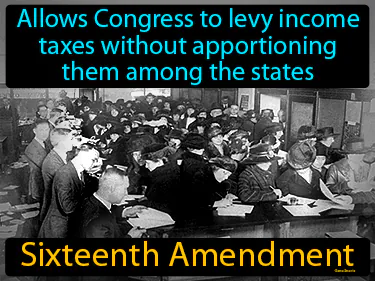
Allows Congress to levy income taxes without apportioning them among the states. Sixteenth Amendment. The Sixteenth Amendment gave the U.S. government the power to collect income taxes directly from citizens.
Square Deal
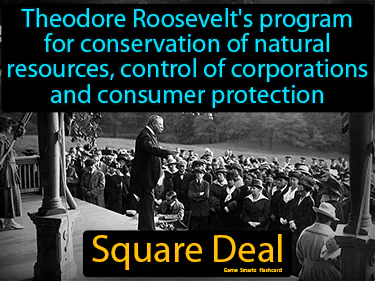
Roosevelt's program for conservation of natural resources, control of corporations, and consumer protection. Square Deal. The Square Deal was President Theodore Roosevelt's policy to balance the interests of businesses, consumers, and the environment.
suffrage
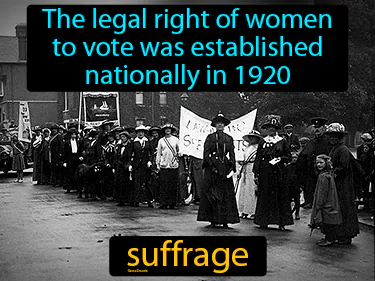
The legal right of women to vote was established nationally in 1920. Suffrage. Suffrage is the right to vote in political elections.
Susan B Anthony
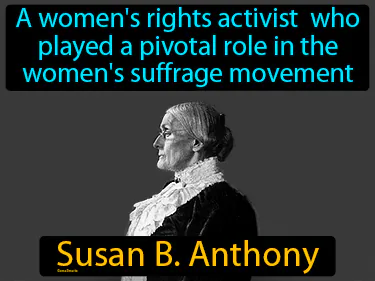
A women's rights activist who played a pivotal role in the women's suffrage movement. Susan B. Anthony was a key figure in the fight for women's right to vote in the United States.
The Jungle

A novel by Upton Sinclair which portrays the harsh conditions and lives of immigrants. The Jungle. This novel exposed the poor working conditions and unsanitary practices in the American meatpacking industry in the early 20th century.
Theodore Roosevelt
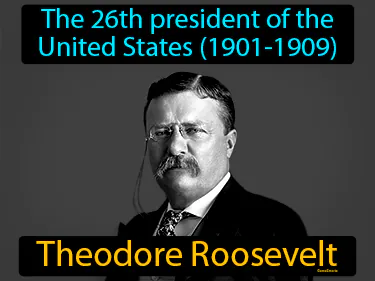
The 26th president of the United States 1901-1909. Theodore Roosevelt. He was a transformative leader who advocated for progressive reforms and the expansion of American influence.
Upton Sinclair
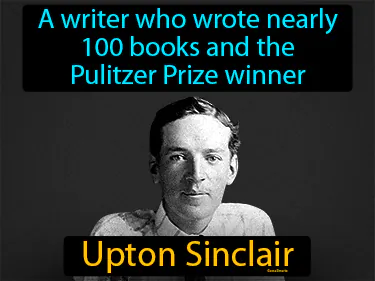
A writer who wrote nearly 100 books and the Pulitzer Prize winner, Upton Sinclair. Upton Sinclair was an influential author and muckraker known for exposing social injustices during the early 20th century, most famously with his book "The Jungle" about the meatpacking industry.
Urban League
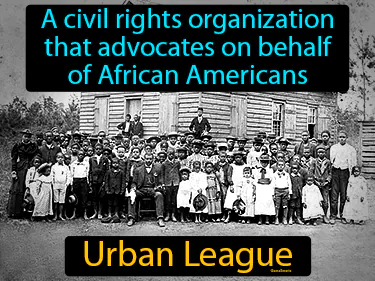
A civil rights organization that advocates on behalf of African Americans. Urban League. The Urban League is a historic organization that supports economic empowerment and equality for African Americans.
William Howard Taft
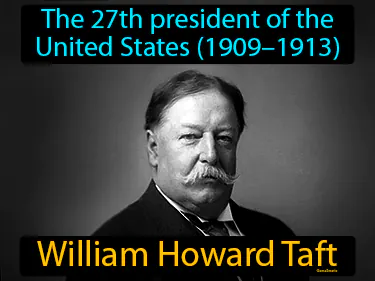
The 27th president of the United States 19091913. William Howard Taft. William Howard Taft was the only U.S. president to later serve as Chief Justice of the Supreme Court.
Woodrow Wilson
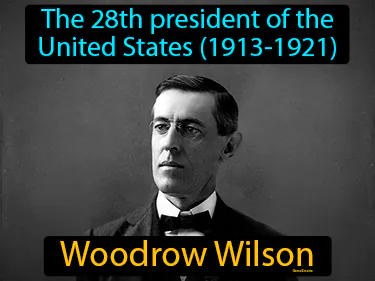
The 28th president of the United States 1913-1921. Woodrow Wilson. Woodrow Wilson was a leader during World War I and helped establish the League of Nations.
